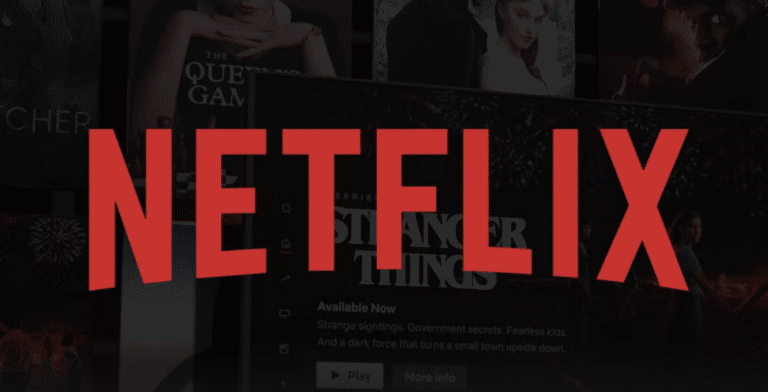The UK government is reportedly considering making Netflix and Disney+ users contribute towards the BBC licence fee as part of efforts to secure the broadcaster’s long-term future.
With the BBC’s current Royal Charter set to expire in 2027, ministers are said to be weighing up alternative funding models, including allowing the corporation to take advertising, introducing a new tax on streaming services, or charging BBC Radio listeners separately.
According to Bloomberg, the options are being explored as part of wider discussions on how to modernise the way the BBC is funded in an era where more viewers are turning to on-demand platforms.
Rebecca Ryan, campaign director at pressure group Defund the BBC, branded the idea “desperate” and accused the government of looking for new ways to extract cash from the public.
“Is there anything this government won’t tax?” she told The Independent.
The debate over the BBC’s funding comes as Culture Minister Sir Chris Bryant defended the licence fee model, arguing that it helps sustain Britain’s TV and film industry.
The BBC licence fee, which is set to rise to £174.50 in April, has been a source of controversy in recent years, particularly after a two-year freeze left the broadcaster struggling with financial shortfalls.
Culture Secretary Lisa Nandy recently described the licence fee as “deeply regressive” and said it was failing to generate sufficient revenue to support the BBC.
In response, a BBC spokesperson said: “We want everyone to get value from the BBC, which is why we’re focused on delivering what audiences want from us – trusted news, the best homegrown storytelling and the moments that bring us together.”
“This year, we will launch our biggest ever public engagement exercise so audiences can help drive and shape what they want from a universal and independent BBC in the future.”
The Department for Digital, Culture, Media and Sport (DCMS), Netflix, and Disney+ have not commented.








